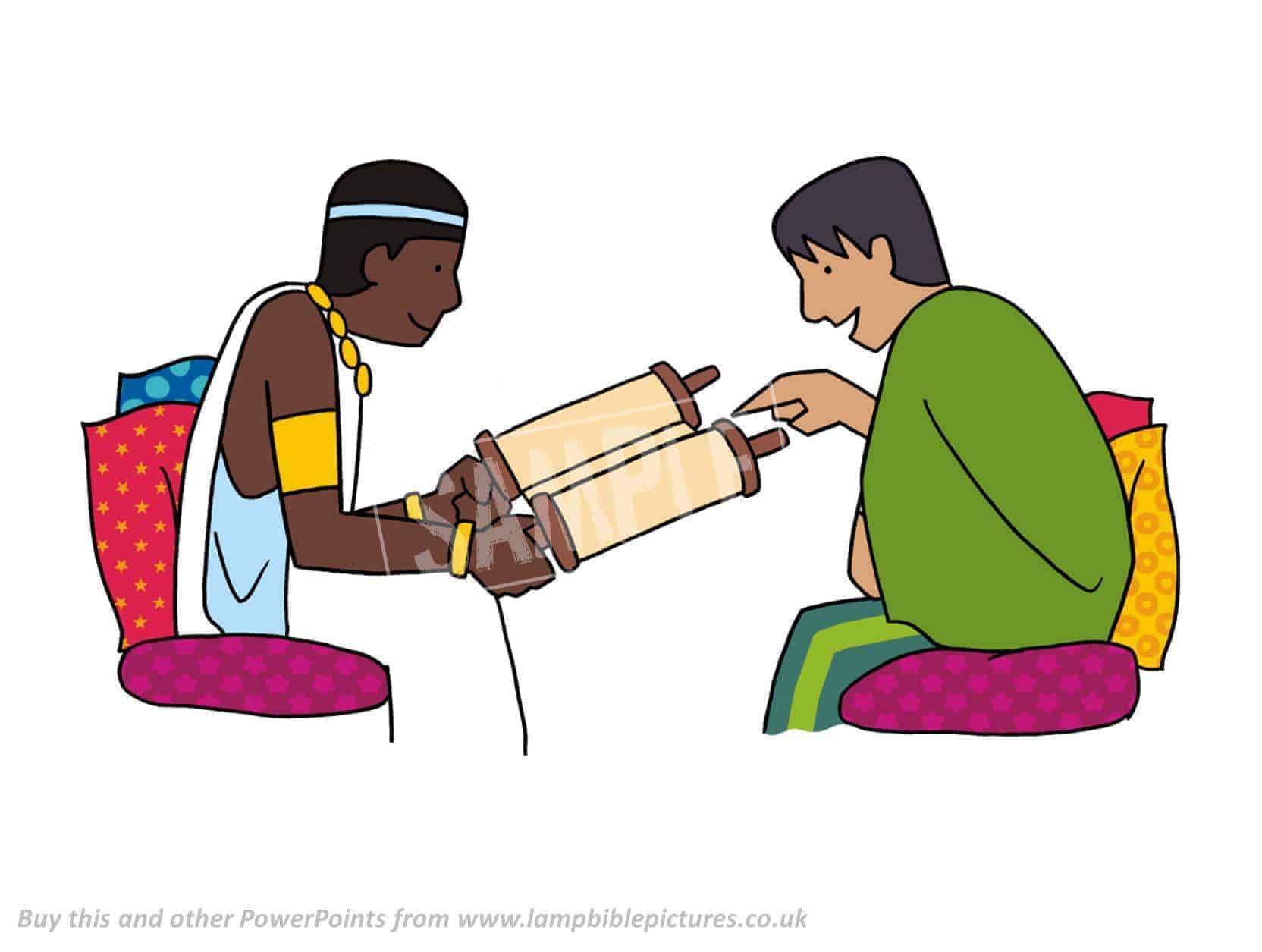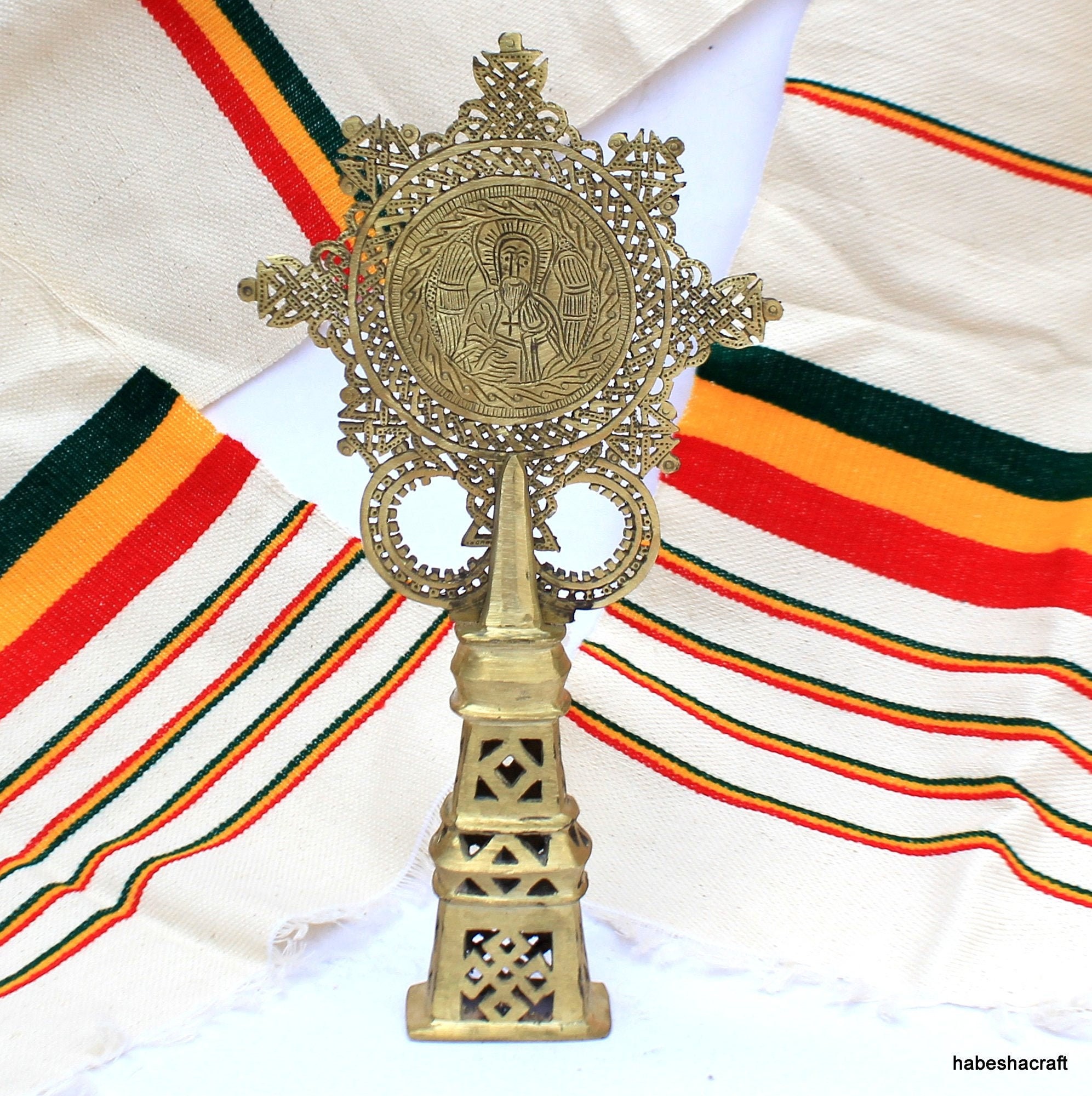

It was in the early fourth century AD that a Syro- Greek castaway, Frumentius, was taken to the court and eventually converted King Ezana to Christianity, thereby making it the official state religion. The Persian religious figure Mani listed Axum with Rome, Persia, and China as one of the four great powers of his time. They established bases on the northern highlands of the Ethiopian Plateau and from there expanded southward. However, most modern scholars often refer to it as Ethiopian Saba since it had a separate entity than the Saba in Yemen.Īfter the fall of D`mt in the fifth century BC, the plateau came to be dominated by smaller successor kingdoms, until the rise of one of these kingdoms during the first century BC, the Aksumite Kingdom, ancestor of medieval and modern Ethiopia, which was able to reunite the area. However, there is archaeological evidence to prove that at one point in time a region in Northern Ethiopia and Eritrea was called Saba. Most modern historians consider this civilization to be indigenous, although Sabaean-influenced due to the latter's hegemony of the Red Sea, while others view D`mt as the result of a mixture of "culturally superior" Sabaeans and indigenous peoples a very small minority even views the kingdom as wholly Sabaean and Ethiopians as the descendents of an admixture of ancient Sabaean immigrants and Indigenous Africans. Around the eighth century BC, a kingdom known as Dʿmt was established in northern Ethiopia and Eritrea, with its capital at Yeha in northern Ethiopia. Together with Eritrea and the southeastern part of the Red Sea coast of Sudan, it is considered the most likely location of the land known to the ancient Egyptians as Punt (or "Ta Netjeru," meaning land of the Gods), whose first mention dates to the twenty-fifth century BC. Human settlement in Ethiopia is very ancient: bones of the earliest ancestors to the human species, discovered in Ethiopia, have been assigned dates as long ago as 5.8 million years.

However, this etymology is disputed, since the Book of Aksum, a Ge'ez chronicle first composed in the 15th century, states that the name is derived from "' Ityopp'is", a son (unmentioned in the Bible) of Cush, son of Ham who according to legend founded the city of Axum. The English name "Ethiopia" is thought to be derived from the Greek word Αἰθιοπία Aithiopia, from Αἰθίοψ Aithiops ‘an Ethiopian’, derived from Greek terms meaning "of burnt ( αιθ-) visage ( ὄψ)".

Turkish Habesistan and Arabic Al Habesh, meaning land of the Habesha people. In some countries, Ethiopia is still called by names cognate with "Abyssinia," e.g. In addition, Ethiopia has long been a member of international organisations: it became a member of the League of Nations, signed the Declaration by United Nations in 1942, founded the UN headquarters in Africa, was one of the fifty-one original members of the United Nations, and is the headquarters for and the main founder of the former Organisation of African Unity and current African Union.Įthiopia was also historically called Abyssinia, derived from the Arabic form of the Ethiosemitic name "ḤBŚT," modern Habesha.

Unique among African countries, Ethiopia was never colonised, maintaining its independence throughout the Scramble for Africa. It has long been an intersection between the civilizations of North Africa, the Middle East and the rest of Africa. Recently being regarded as "the cradle of civilization", Ethiopia is also the second-oldest official Christian nation in the world after Armenia. Ethiopia is the oldest independent country in Africa and one of the oldest in the world. It is the second-most populous nation in Africa, bordered by Eritrea to the north, Djibouti to the northeast, Somalia to the southeast, Kenya to the south, and Sudan to the west. 1 Ostensibly Ethiopia is a democracy, but has a dominant-party system led by the Ethiopian People's Revolutionary Democratic Front.Ģ Rank based on 2005 population estimate by the United Nations.Įthiopia ( Ge'ez: ኢትዮጵያ ʾĪtyōṗṗyā), officially the Federal Democratic Republic of Ethiopia, is a country situated in the Horn of Africa.


 0 kommentar(er)
0 kommentar(er)
